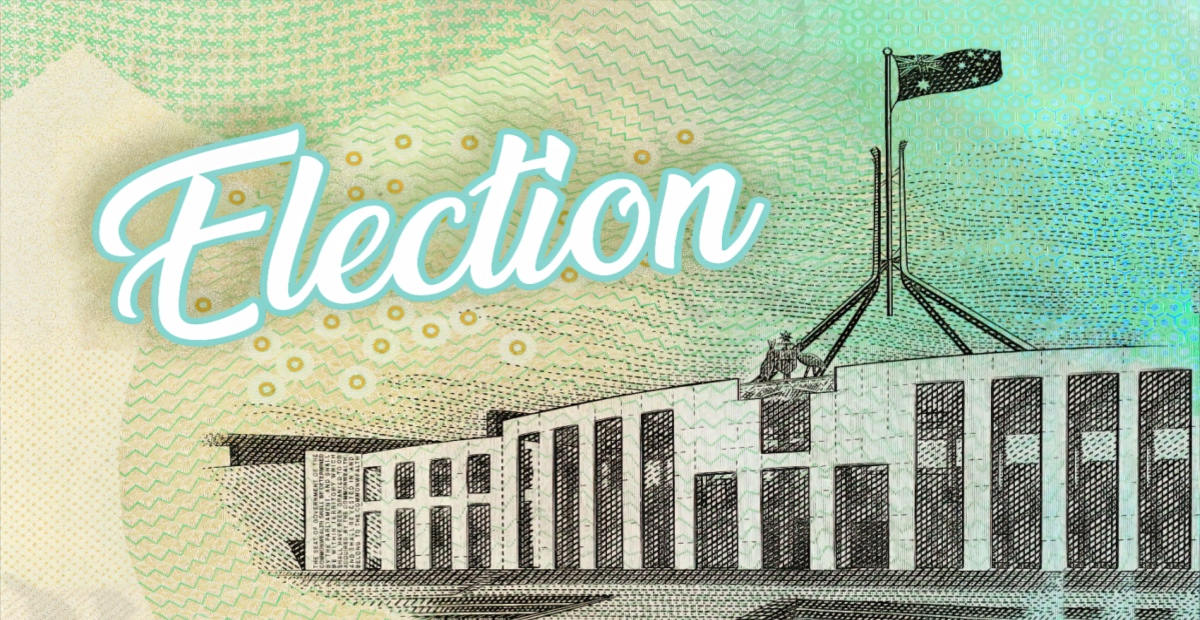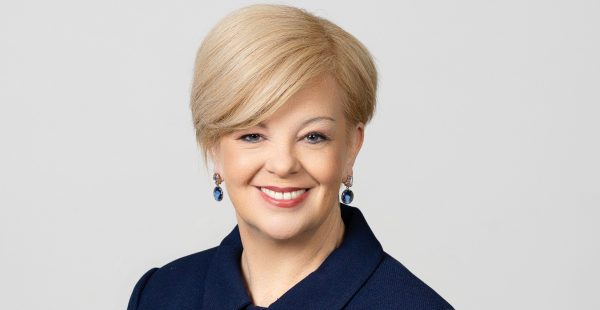It’s election eve. Brace for disappointment

It is mostly folly to predict the outcome of Saturday’s federal election and so I will not, but I will predict that irrespective of which party wins Government financial advisers will have to work hard to be heard and to extract appropriate change.
The bottom line for the financial planning community is that all the problems they have been facing in terms of the cost of the Compensation Scheme of Last Resort (CSLR) and reshaping the sector via the DBFO legislation will not be solved by a new minister or a change of Government.
The lethargic approach exhibited by the outgoing Assistant Treasurer and Minister for Financial Services, Stephen Jones, combined with the timing of the election has kicked the can well down the road ensuring that change, if it does happen, will not become a reality until 2026.
Because of the election timing, the Senate Economics References Committee review of the Dixon Advisory collapse and the workings of the CSLR were put on hold, while it also meant that the exposure draft of the second tranche of the DBFO legislation remains in the stakeholder feedback and discussion stage.
Getting the wheels of Government moving after a Federal Election is similar to trying to start a dodgy Holden on a winter’s morning in Canberra – even if you get the bloody thing started, you’ve still got to get the frost off the windscreen.
And for whoever is appointed to be the next Minister for Financial Services, there is an awful lot of Treasury-generated frost on the windscreen meaning that the major financial services lobby groups will need to be lobbying hard to ensure the new minister gets more than just the Treasury briefing line.
What has been interesting about the Federal Election campaign is that while the Opposition has been vocal via its front-bench spokesman, Luke Howarth, in giving assurances about righting the legislative wrongs in financial planning, the Government has lacked a ministerial voice and remained mostly silent.
Common sense therefore suggests that a re-elected Albanese Labor Government will not veer much from the path it has set on DBFO and the CSLR – a path largely mapped by Treasury.
A change of Government will likely see Luke Howarth’s more sympathetic approach canvassed with the Treasury advisers and legislative draftsmen, but no one should forget how sympathetic Stephen Jones sounded before taking hold of the portfolio.
So if financial advisers have learned anything over the past two decades and multiple financial services minister it is that pre-election promises are easily made and just as easily evaporate in the heat of Government.
A good starting point for whoever is the new minister will be to listen as much to industry stakeholders as to Treasury.











All Treasury care about are CSLR payments for their employees stung by Dodgy Dixon’s.
And BackPackers Hidden Commission FUM sales for Industry Super.
If Labor win, I can’t wait for some union lawyer or academic, with zero real life experience in financial services, nor a true understanding of financial services, and beholden to some kind of personal ideology with influence from further ideological groups such as CHOICE, and Super Consumers, as well as Industry Super to keep kicking the can down the road, all the way into the hot mess of a fire!
As a Financial Planner for a few decades, I’m pretty used to….sorry…. just bending over and bracing….Advocacy, representation, especially by the FAAA group, has never been a strong point, and most Financial Planners think their conflicted AFSL will look after them.
Advisers save clients money on tax, we get them more Centrelink, and we keep product manufacturers honest and call out Union Super Funds’ many errors and poor service standards. So that type of person is hated by the Government and Industry.
ASIC are corrupt, is in the pockets of Union Super Funds… Those Super funds make donations to Unions where after paying bikey gangs it all goes in donations back to the Government. A certain type of person votes for Labor (mainly public servants) and Labor worked out their ideal voter years ago and has successfully steered the economy that way.
As for Treasury coming up with the Terms “Qualified Adviser” and spending two years to cut out SOA and paste in CAR that they’ve placed there personal scorn of Advisers above Australians as they moved out of the CSS Fund into AMP and then rolling it over to Dixon…not only that but Advisers point out the flaw in their maths and work out ways around to save clients Tax and get them Centrelink.